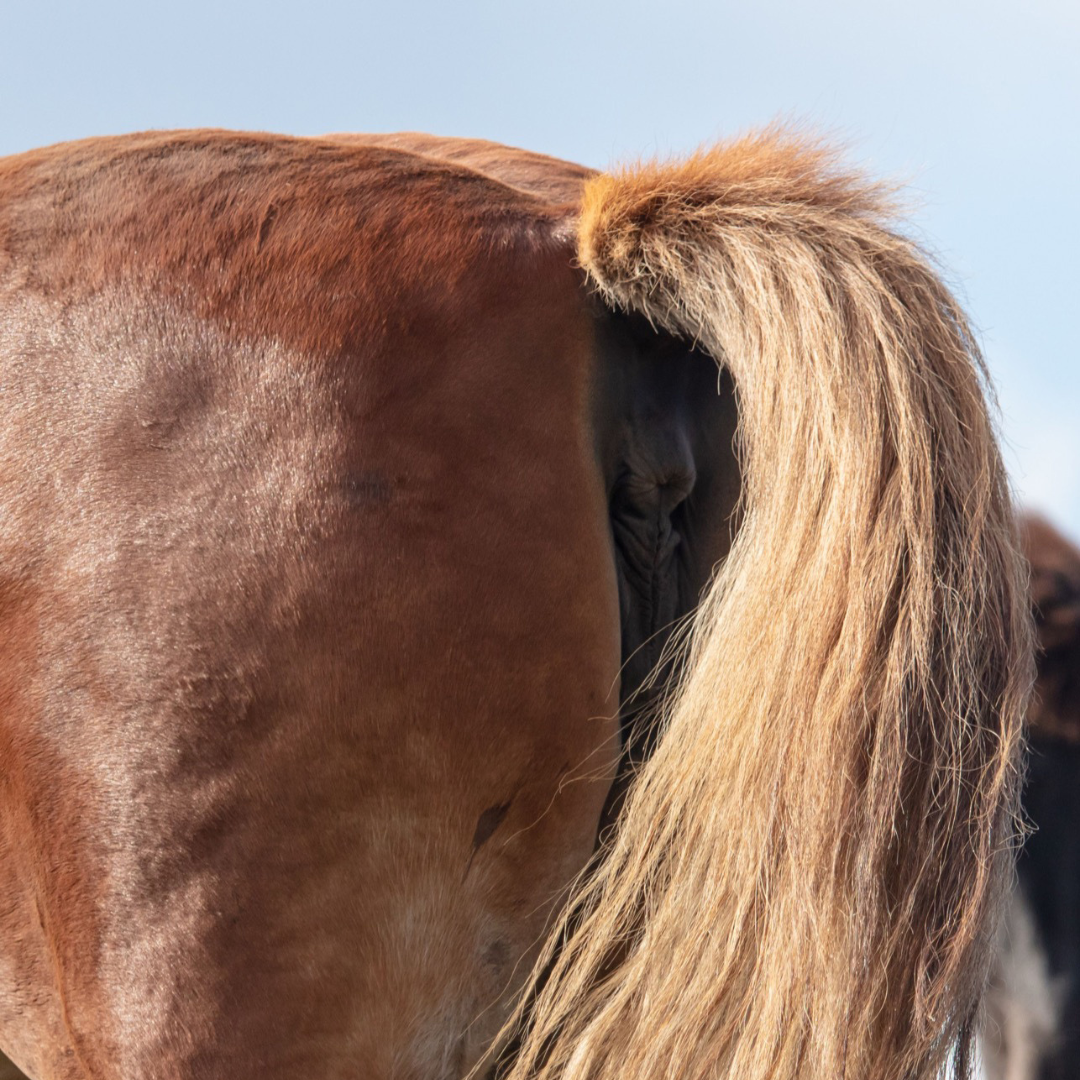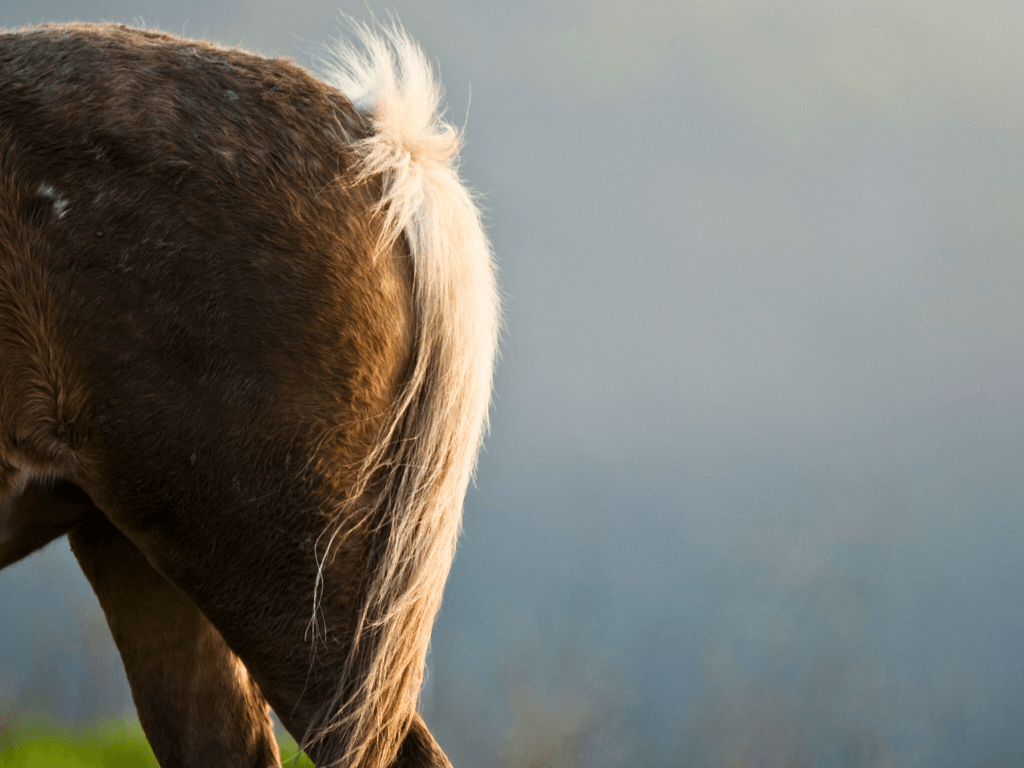
Faecal Water Syndrome and Watery Droppings in Horses: Causes and Solutions
What is Faecal Water Syndrome?
Faecal Water Syndrome (FWS), or Free Faecal Water Syndrome (FFW), is a condition where a horse expels excess water alongside its bowel movements. Unlike diarrhoea, which generally signals underlying health issues, FWS doesn’t necessarily indicate a deeper problem but can lead to discomfort for affected horses.
Effects on Horses
The presence of excess water can irritate the skin of the tail and hind legs. During winter, this constant moisture can keep the skin cold and even lead to freezing. In summer, the condition can attract flies, increasing irritation and discomfort.
What are the causes of Faecal Water Syndrome and watery droppings?
Several factors can trigger FWS, including:
Age: Older horses with less resilient digestive systems are more susceptible.
Dietary Changes: Sudden transitions from grass to hay or introducing new foods can disrupt the hindgut’s bacterial balance.
Worming: Recent worming can lead to FWS as the worms are expelled from the gut.
Stress: Physiological changes due to stress can contribute to FWS.
How to Manage Faecal Water Syndrome
Maintaining Cleanliness
Ensure the legs and tail remain clean and dry to prevent irritation from faecal water. Regularly check your horse to monitor skin condition, looking out for signs of soreness or pain.
Gradual Dietary Changes
Where possible, introduce new foods gradually. This allows the horse’s body time to adapt to dietary changes, minimising disruptions to gut bacteria. Consider integrating hay into their diet even while they are still grazing.
Supplementation with Pro-Choice FWS
Pro-Choice FWS is a faecal water supplement by Aviform designed to treat and prevent FWS. This supplement can be added to your horse’s feed and contains prebiotics, probiotics, and postbiotics to support the gut’s microflora. Additionally, a bentonite clay binder helps absorb excess moisture from the gut.
Conclusion
Managing FWS involves cleanliness, careful dietary transitions, and effective supplementation. By taking proactive steps, you can alleviate discomfort and promote a healthier lifestyle for your horse. Consider incorporating Aviform’s Pro-Choice FWS supplement into your horse care routine for a comprehensive approach to tackling faecal water syndrome.



